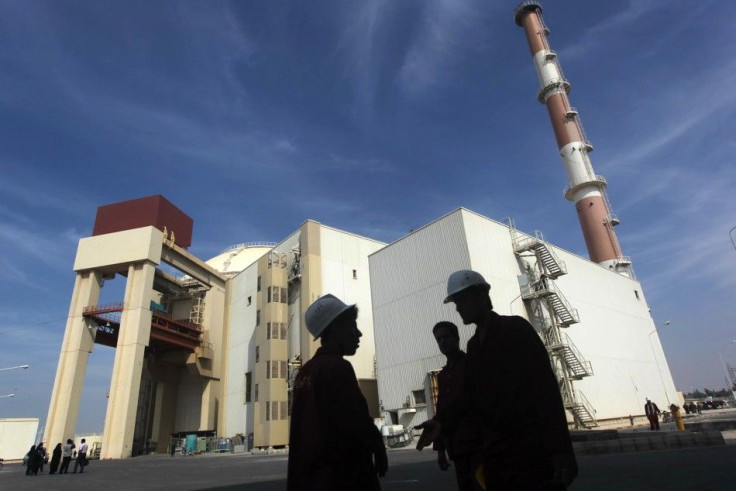Iran Dismisses New U.S. Sanctions on Its Central Bank: Report

Iran dismissed on Sunday the United States' move to impose new sanctions on financial institutions dealing with the Islamic state's central bank over the country's disputed nuclear program, the Students news agency reported.
U.S. President Barack Obama signed on Saturday a bill, approved by Congress last week, that aims to cut Tehran's oil revenue, but gives the president powers to waive penalties as required.
The head of Iran's Chamber of Commerce, Mohammad Nahavandian, rejected the move as unjustifiable, saying such sanctions would have reciprocal consequences.
The Iranian nation and those involved in trade and economic activities will find other alternatives, said Nahavandian.
Washington and the European Union have already pushed four rounds of sanctions through the United Nations over Iran's nuclear program and imposed unilateral measures that have deterred Western investment in Iran's oil sector, making it harder to move money in and out of the country.
Imposing sanctions on the central bank would tighten that screw and make it more difficult for Iran to receive payments for exports -- particularly oil, a vital source of hard currency for the world's fifth-biggest crude exporter.
Iranian officials insist that foreign sanctions have had no impact on the country's economy.
The sanctions have raised the cost of trade and economic transactions but it has not managed to change Iran's political behavior, Nahavandian said.
So far, Iran's leaders have shown no sign of changing the country's nuclear course despite mounting international pressure to force it to stop.
U.S. financial institutions are already generally prohibited from doing business with any bank in Iran, including the central bank, so the new measure by Washington would have to be carried out with international agreement.
Nahavandian said European countries should not miss the investment opportunity in an emerging market such as Iran.
Considering the economic crisis in Europe, the European companies are after finding new markets ... political disputes should not have an impact on trade relations, he said.
Senior U.S. officials said Washington was engaging with its foreign partners to ensure the sanctions can work without harming global energy markets and stressed the U.S. strategy for engaging with Iran was unchanged by the bill.
Washington and its allies say Iran is trying to build nuclear bombs under the cover of a civilian program. Tehran denies that, saying it needs nuclear technology to generate power.
(Reporting by Parisa Hafezi; Editing by Paul Tait)
© Copyright Thomson Reuters {{Year}}. All rights reserved.






















